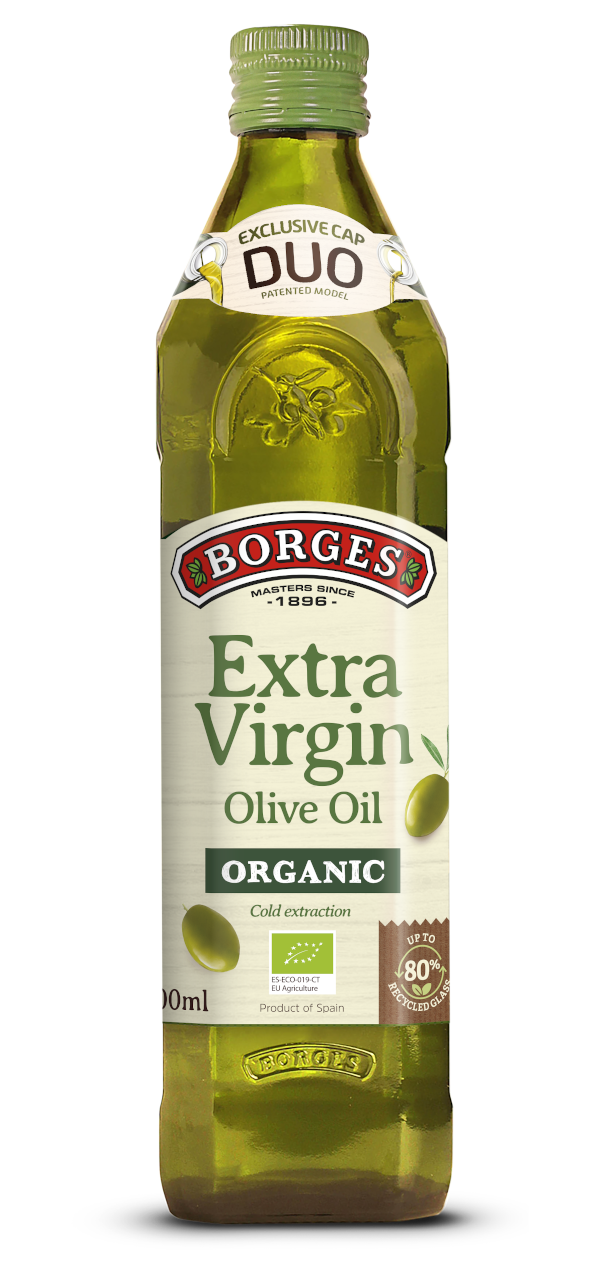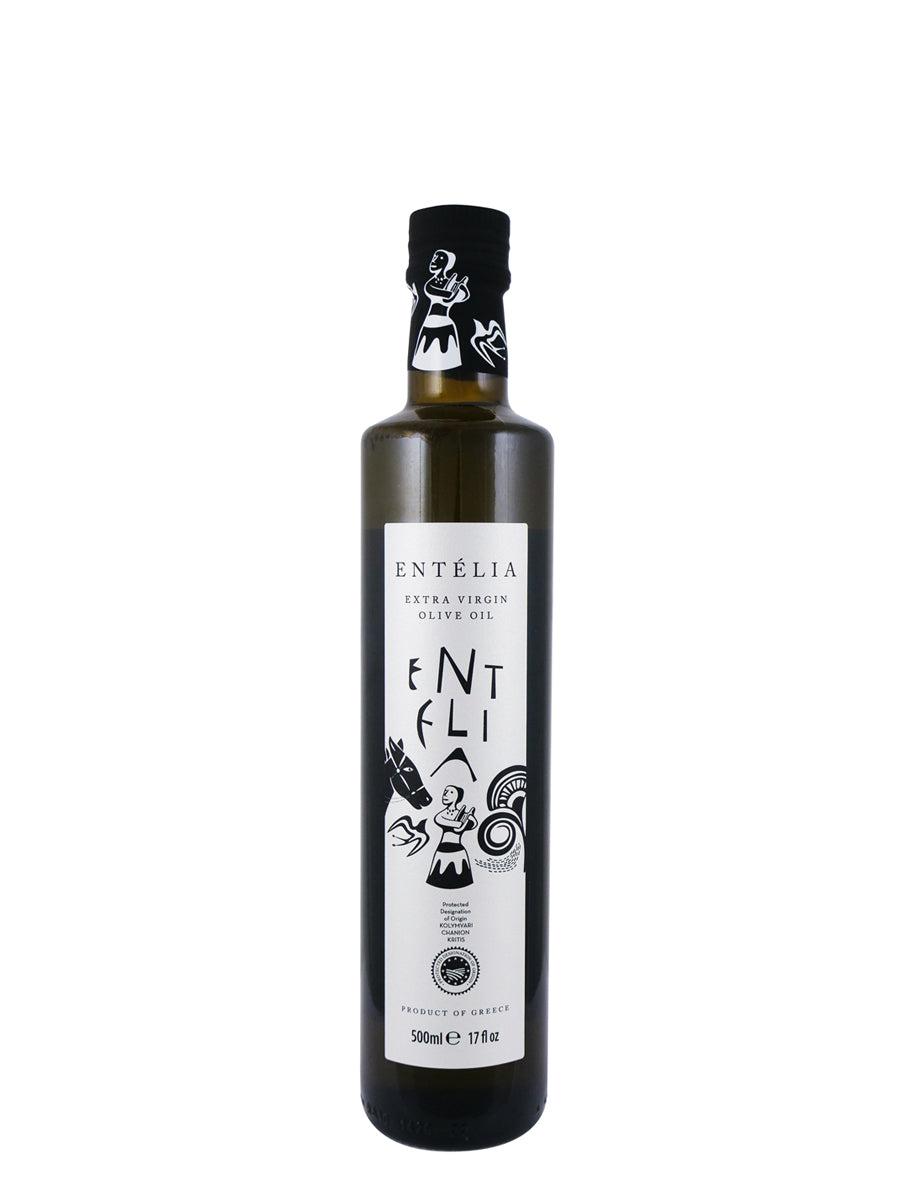Exploring the Different Kinds Of Olive Oil and Their Uses, Including Extra Virgin Olive Oil
The expedition of olive oil encompasses a varied variety of types, each offering distinct tastes and cooking applications. Bonus virgin olive oil, renowned for its superior high quality and health advantages, works as a staple in several cooking areas, yet it is only one element of this multifaceted component. extra virgin olive oil benefits. Other varieties, such as pure and polished olive oils, also necessitate attention for their special residential properties and usages. Comprehending these differences can dramatically influence both cooking techniques and flavor profiles. What, then, should one think about when selecting the ideal olive oil for a specific culinary endeavor?
What Is Olive Oil?
Stemmed from the fruit of the olive tree, olive oil is a staple in Mediterranean cuisine and a crucial component in various cooking applications. This versatile oil is produced by pushing entire olives, causing a fluid that differs in scent, color, and taste depending upon the kind of olives utilized, the region of cultivation, and the removal process. Olive oil is primarily made up of monounsaturated fats, particularly oleic acid, which is recognized for its possible health benefits, consisting of anti-inflammatory properties and cardiovascular assistance.
Along with its culinary usages, olive oil has a lengthy history of application in standard medication and skin care, owing to its rich antioxidant content (extra virgin olive oil benefits). The oil is frequently used in dressings, sauces, and for cooking techniques such as sautéing and roasting. Its distinctive taste account can boost the preference of various dishes, making it a vital component for both home chefs and professional cooks
In addition, olive oil is commemorated for its role in the Mediterranean diet plan, which is linked with many health benefits. As awareness of these benefits expands, olive oil remains to gain appeal worldwide as a fundamental part of a healthy way of living.
Sorts Of Olive Oil
Recognizing the different kinds of olive oil is essential for both health-conscious customers and culinary lovers. Olive oil is categorized largely based upon its removal technique and top quality, which substantially impacts its aroma, taste, and wellness benefits.

Light olive oil, regardless of its name, describes a lighter flavor and not reduced calories. It is perfect for those looking for a more subtle preference in dressings and marinates. In addition, there are flavorful olive oils infused with herbs, flavors, or citrus, which can improve recipes without the requirement for extra flavoring.
Each kind of olive oil serves details cooking objectives, and comprehending these differences enables consumers to make educated choices that align with their cooking styles and health goals.
Extra Virgin Olive Oil
Bonus virgin olive oil (EVOO) is extensively considered the best quality olive oil offered, celebrated for its rich flavor and various health advantages. To be classified as extra virgin, the oil needs to be produced from fresh olives using mechanical procedures, without the use of solvents or too much warm. This careful approach protects the oil's natural flavors, anti-oxidants, and healthy fats, causing a product with a reduced acidity degree of much less than 0.8%.
EVOO is abundant in monounsaturated fats, especially oleic acid, which is linked to lowered swelling and improved heart wellness. It likewise includes polyphenols, recommended you read powerful antioxidants that might offer safety impacts versus persistent illness. The taste account of EVOO can differ substantially depending upon the olive selection and area of production, varying from fruity and grassy to durable and peppery.

Culinary Utilizes of Olive Oil

In cooking, olive oil can be utilized for sautéing, roasting, and barbecuing, offering a healthier option to butter or other fats. Its high smoke factor makes it suitable for different cooking techniques, while its antioxidants add to a heart-healthy diet regimen. Showering olive oil over finished dishes, such as pasta, fish, or barbequed vegetables, can elevate tastes and include a touch of sophistication.
Additionally, olive oil plays a considerable role in cooking, where it can replace standard fats in recipes for bread and pastries, presenting wetness and a subtle preference. It likewise acts as a base for instilled oils, allowing cooks to explore flavors such as garlic, natural herbs, or chili, even more expanding its cooking potential. On the whole, olive oil's adaptability makes it important in both home and specialist kitchen areas.
Picking Quality Olive Oil
When choosing quality olive oil, it's vital to think about numerous essential variables that influence the item's flavor, scent, and health advantages. First and primary, go with extra virgin olive oil (EVOO), which is stemmed from the initial cold pressing of olives and consists of the highest degree of anti-oxidants and valuable compounds. Search for oils that are accredited by recognized companies, as this typically makes sure adherence to rigorous top quality requirements.
The packaging additionally plays a substantial role in preserving the oil's stability. Select oils kept in dark glass containers or tins to secure versus light destruction. Focus on the harvest day; fresher oils offer superior flavor and nutritional value, so select products that are within 18 months of their harvest.
Additionally, consider the origin of the oil. Top quality olive oils typically come from particular regions known for their distinct flavor accounts, such as Italian, Spanish, or Greek oils. Ultimately, know the preference; a great high quality olive oil must have a balance of fruity, bitter, and peppery notes, indicating its splendor and intricacy. By evaluating these variables, you can guarantee you are selecting the most effective olive oil for your cooking demands.
Final Thought
In summary, the expedition of various sorts of olive oil exposes distinct features and applications, with additional virgin olive oil representing the peak of quality as a result of its low level of acidity and high antioxidant material. Its versatility in cooking uses boosts flavors in dressings, sauces, and sprinkles. Recognizing the different selections of olive oil enables educated options in food preparation techniques, advertising healthier techniques click over here now while enriching the total gastronomic experience. Quality selection stays essential for optimum benefits.
Obtained from the fruit of the olive tree, olive oil is a staple in Mediterranean food and a vital ingredient in different cooking applications.The most usual kinds of olive oil include fine-tuned Your Domain Name olive oil, pure olive oil, and light olive oil.Additional virgin olive oil (EVOO) is extensively regarded as the highest high quality olive oil offered, popular for its abundant flavor and numerous wellness advantages. Opt for extra virgin olive oil (EVOO), which is derived from the very first chilly pressing of olives and includes the highest possible degrees of antioxidants and helpful substances.In recap, the expedition of numerous kinds of olive oil discloses distinctive characteristics and applications, with extra virgin olive oil representing the pinnacle of quality due to its low acidity and high antioxidant content.